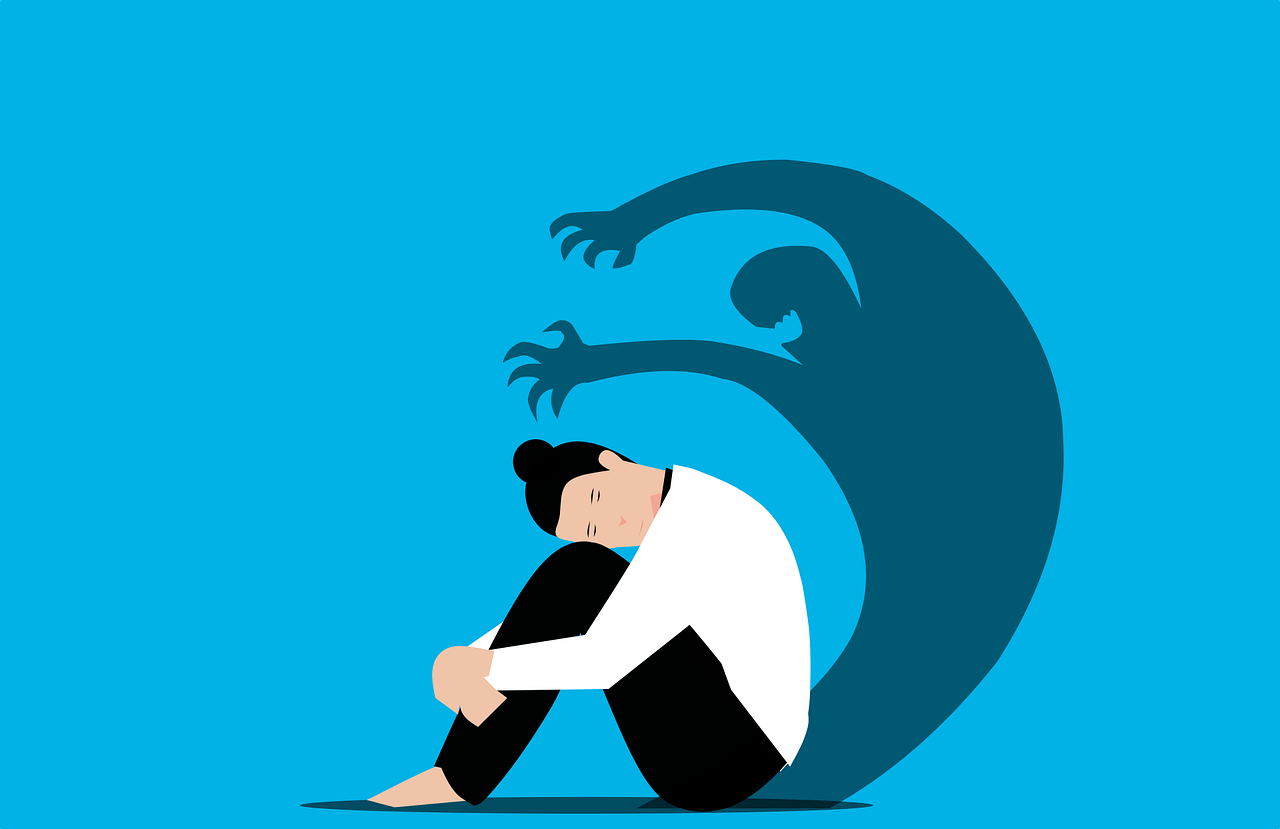For Americans, the average time spent working or in a workplace environment is about 38-40 hours a week. With inflation greatly affecting the United States, this number may be even higher. With 168 hours in a 7-day week and many of those hours are spent sleeping, driving, or taking care of a household, 40 hours a week to spend in a workplace environment can feel like a lot, especially if the employers do not discuss mental health and wellbeing. But how many employers or workplace environments emphasize the importance of mental health? Does mental health in the workplace matter? Here we will discuss:
- Benefits of a healthy workplace
- How to encourage employee health in a workplace
- Why we need to start talking about mental health
- How All American Detox Center can help?
Benefits of a Healthy Workplace:
It should be not come as a surprise that working in a healthy environment comes with many different benefits. However, this is not always achieved, nor is it even addressed by many employers. Before diving into the benefits of a healthy workplace, lets discuss what a healthy workplace looks like.
The Human Resources Director of California defines a healthy workplace as a place where all employees, leaders, and managers can openly communicate and collaborate on their vision of improving the health, well-being, and safety of all people involved in the organization or company. A healthy workplace is filled with individuals who care about one another and want to protect and promote the health and well-being of each employee.
With the rise of mental health issues throughout the last few years, primarily due to the global pandemic, striving for a healthy workplace is even more important. When an employer allows for an open and honest conversation about mental health, the employees are going to feel more secure and trusting of their environment. The improvement of employers, leaders and managers overall mental health and well-being is the first and most obvious benefit of a healthy workplace.
When a company is being run by a group of people who focus on prioritizing their health and well-being, there is going to be more productivity and greater performance. This will not only help the company as a whole, but also each employee working as well as the customers that interact with the company.
Some other benefits of a healthy workplace include:
- Improved corporate or company image
- Lower turnover rate
- Higher job satisfaction
- Stronger interpersonal relationships within the company
- Greater growth and learning opportunities
How Can You Encourage Employee Health in the Workplace?
There are many ways an employer can encourage health and well-being in the workplace. One option is to implement a health and well-being program. This could be a weekly educational team meeting to discuss the importance of mental health and teach different coping skills and stress management skills. This will help educate each person in the workplace to learn more about different mental health topics and maybe start to implement new stress management or coping skills.
Another option is to provide individualized check-ins with each employee to discuss job satisfaction, their mental health and wellbeing, and allow them to provide any possible feedback that may improve their workplace environment. The biggest thing to consider is to simply incorporate the topic of mental health into the workplace as often as possible. Discussing mental health is crucial for a healthy working environment.
Encourage exercise, a healthy morning routine, decreasing screen time usage and at least 8 hours of sleep at night. This can be incorporated at the workplace by adding monthly challenges for each employee to participate in, such as a Walkathon or tracking your screen time usage. You can add little prizes and make it fun!
Start Talking About Mental Health
According to the CDC, mental health includes our emotional, psychosocial and social well-being and it effects the way we think, feel and act. In other words, it is the way we show up in the world, so why are we still not talking about the importance of mental health? Poor mental health can lead to mental disorders such as anxiety or depression which impacts every aspect of a person’s life.
As a society, we need to start talking about mental health more! Taking care of yourself physically, mentally, and spiritually can improve the overall quality of humanity. Not to mention, the overall quality of your own life.
All American Detox Center
While the topics of mental health have become more ingrained into our society and many workplaces, it is still a stigmatized and taboo topic. Oftentimes, when someone is struggling with poor mental health or a mental disorder, they will turn to drugs and alcohol to help them cope with the distress. If you or someone you know is struggling with drugs or alcohol, All American Detox Center is here to help you. At All American Detox Center, we provide you with a safe and warm environment to help you understand substance abuse and addiction and the importance of mental health. The highly trained and licensed professionals will help you start to build the skills needed to live a life away from abusing drugs or alcohol.
Help is only a phone call away. Call (844) 570-1301 today to learn more about the addiction recovery support options at All American Detox Center.
Citations:
The Balance. “What is the Average Number of Work Hours per Week?”
https://www.thebalancemoney.com/what-is-the-average-hours-per-week-worked-in-the-us-2060631#:~:text=Key%20Takeaways,work%20from%20home%20in%202021. Retrieved 7, September 2022
Human Resources Director. “The Healthy Workplace and its 10 Benefits.”
https://www.hcamag.com/us/specialization/benefits/the-healthy-workplace-and-its-10-benefits/326054 Retrieved 18, February 2022
Made for Minds. “Global Mental Health Issues on the Rise.”
https://www.dw.com/en/mental-health-issues-like-depression-and-anxiety-on-the-rise-globally/a-63371304#:~:text=According%20to%20the%20WHO%20World,to%20nearly%201%20billion%20people. Retrieved 10, October 2022
CDC. “About Mental Health.” https://www.cdc.gov/mentalhealth/learn/index.htm Retrieved 28,
June 2021



